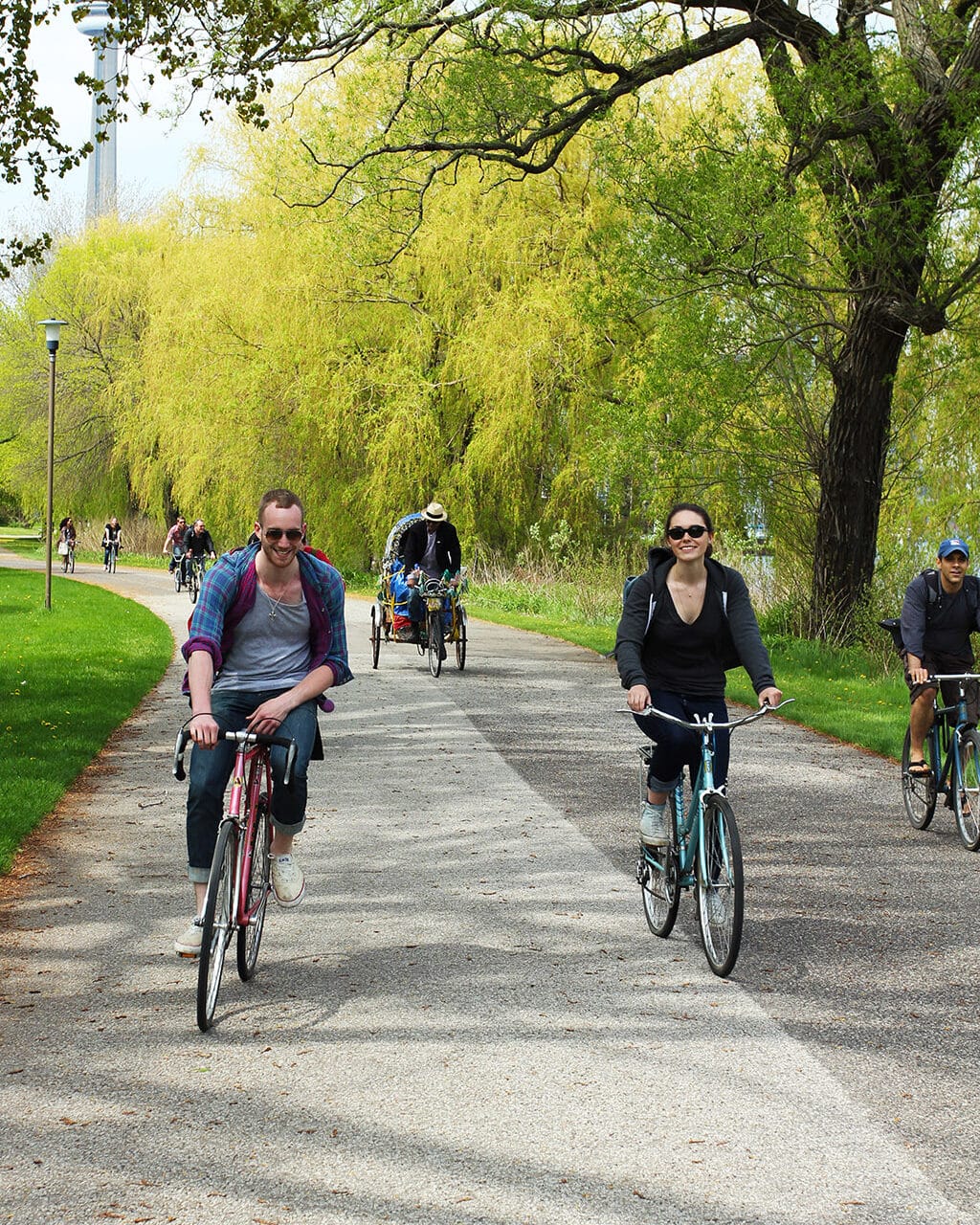On the September 23 episode of The Final Word, Silas Le Blanc talks about cycling in the city and how there has been lots of controversy in the city related to what cyclists consider unfair treatment and harassment by police against cyclists. He speaks with David Shellnutt, a biking lawyer and personal injury lawyer for cyclists and injured people.
“We mainly focus on the cycling but we do have a fair amount of our practice, which involves helping people who have been assaulted by police or who are facing anti-Black racism, as well as survivors of sexual assault,” said Shellnutt.
With the semester in full gear, many students are choosing to bike to campus. Shellnutt says some of his clients are students.
“It is very affordable and very fast in terms of traffic and a healthy way to get around an urban center like Toronto, so lots of young people in university are riding bikes to get to class,” he said. “When using that method of transportation, you’re a vulnerable road user and sometimes bad things can happen.”
In August, cyclists gathered at High Park to protest what they described to be unfair treatment from the police. According to Shellnut, this is nothing new. Last year, Toronto Police along with the City of Toronto bylaw officers set up speed traps for cyclists coming down a hill going over 20 kilometers on their bike, with some people even getting ticketed. Shellnutt said the police were restricting bikers all across the city.
Shellnutt encourages students to educate themselves on biking laws in the city.
“Cycle defensively. Assume [drivers] don’t see or don’t care, that way you avoid collisions,” he said. “Go to school during off hours. Don’t go at rush hour. Don’t take the most direct route if it’s on a busy street with high moving traffic. Take some of the great side streets that we got in Toronto.”
In the aftermath of the protest at High Park, Toronto Mayor John Tory met with cycle Toronto, whose mission is to advocate for a safe, healthy and vibrant cycling city for all. Maggie Crawford, a recent University of Toronto graduate, works for the organization.
During the meeting, the city proposed several ideas to make High Park safer for cyclists, one of which was to make the park a car-free zone.
“Central Park has been car-free since 2017,” she said. “We put forward the idea of a car free pilot project because it’s temporary. We also put forth our ideas of a fast lane for cyclists or off peak hours where cyclists race around.”
The number of cyclists in the city increased during the pandemic because lockdowns forced people to want to be more active. However, Crawfords said the city’s infrastructure didn’t follow suit with these changes which is why they need to be advocated for.
“A lot of the cycling infrastructure and improvements that are being made to the cycling network are happening in really concentrated areas in Toronto. One of the solutions is to look into having a cycling network that’s across all wards in the city and not just the downtown ones,” she said.









